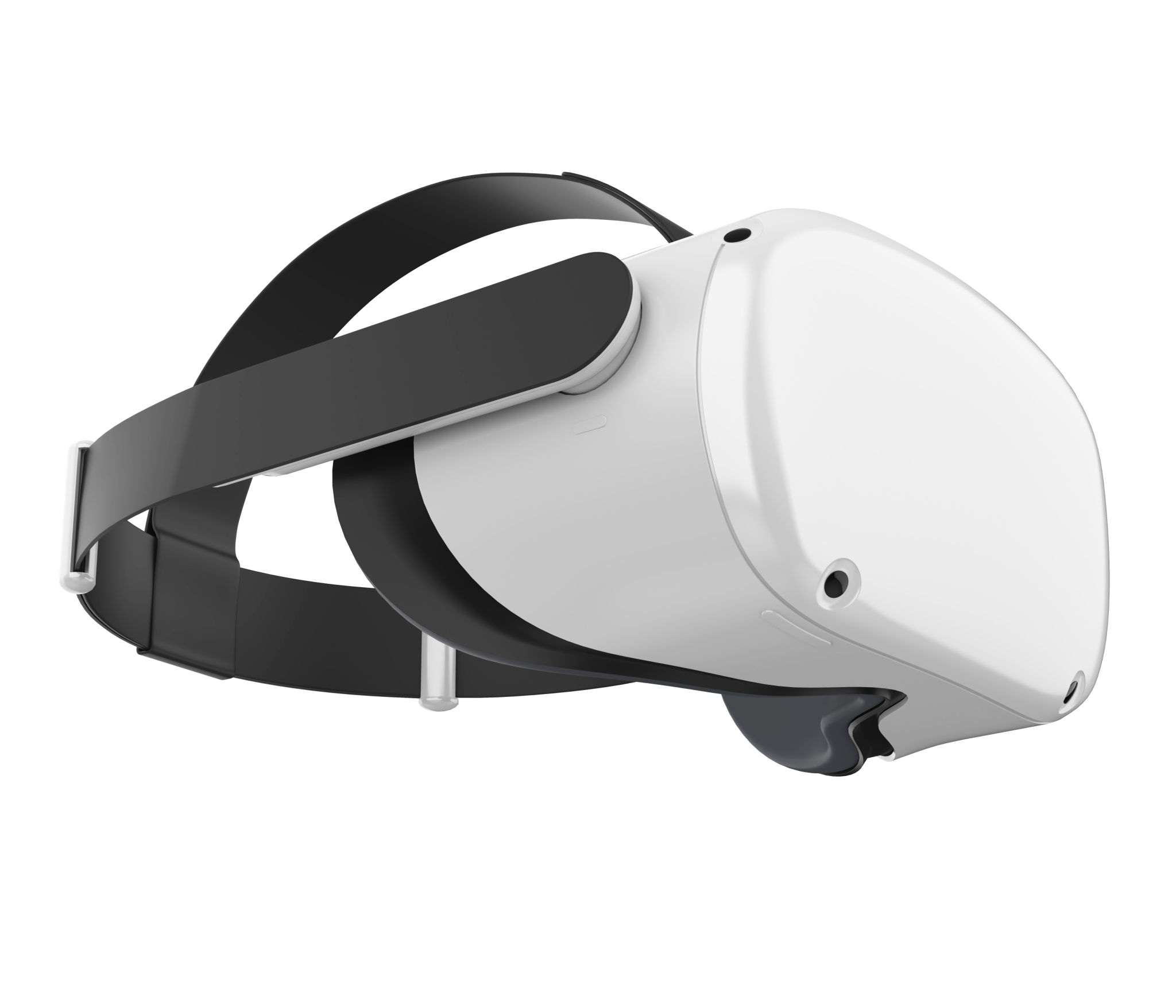The Role of Technology in Modern B2B Sales Strategies
Introduction to Technology in B2B Sales
In the ever-evolving landscape of business-to-business (B2B) sales, technology plays a pivotal role in shaping strategies and driving success. The integration of technology into sales processes not only enhances efficiency but also provides a competitive edge in today's fast-paced market. From data analytics to customer relationship management (CRM) systems, technology is transforming how businesses connect, engage, and convert their prospects.

Data-Driven Decision Making
One of the most significant advantages technology offers to B2B sales is the ability to leverage data for informed decision-making. Sales teams can now access a wealth of information about potential clients, market trends, and competitor activities. This data-driven approach allows businesses to tailor their sales strategies to meet the specific needs and preferences of their target audience.
With the help of advanced analytics tools, sales professionals can identify patterns and insights that were previously hidden. These tools enable them to predict customer behavior, optimize pricing strategies, and allocate resources more effectively. As a result, companies can achieve higher conversion rates and better customer retention.
Enhancing Customer Relationships
Customer relationship management (CRM) systems have become a cornerstone of modern B2B sales strategies. These platforms enable businesses to manage interactions with current and potential clients efficiently. By centralizing customer data, CRM systems provide a comprehensive view of each client's history, preferences, and engagement with the company.

This holistic view allows sales teams to personalize their communication and foster stronger relationships with clients. Automated follow-ups, personalized email campaigns, and targeted content delivery are just a few examples of how CRM systems enhance customer engagement. In turn, businesses can build trust and credibility, which are essential for long-term success in B2B sales.
Automation and Efficiency
Automation is another crucial aspect of technology's role in B2B sales. By automating repetitive tasks, sales teams can focus on high-value activities such as building relationships and closing deals. Sales automation tools streamline processes like lead generation, qualification, and nurturing, reducing the time and effort required to move prospects through the sales funnel.
- Automated lead scoring to prioritize high-potential prospects
- Automated email sequences for consistent communication
- Integration with other tools for seamless data flow
These efficiencies not only save time but also improve accuracy, ensuring that sales efforts are directed towards the most promising opportunities.
Virtual and Augmented Reality
Innovative technologies such as virtual reality (VR) and augmented reality (AR) are beginning to make their mark in B2B sales. These technologies offer immersive experiences that can enhance product demonstrations and presentations. For instance, a company selling industrial machinery can use VR to provide clients with a virtual tour of their equipment in action, offering a more engaging and informative experience than traditional methods.

By leveraging VR and AR, businesses can differentiate themselves in a crowded market, offering unique and memorable interactions that resonate with potential buyers.
Conclusion
As technology continues to evolve, its role in modern B2B sales strategies will only become more pronounced. Companies that embrace technological advancements can expect to see improved efficiency, stronger customer relationships, and ultimately, increased sales. By staying ahead of the curve, businesses can navigate the complexities of the B2B sales landscape with confidence and success.
